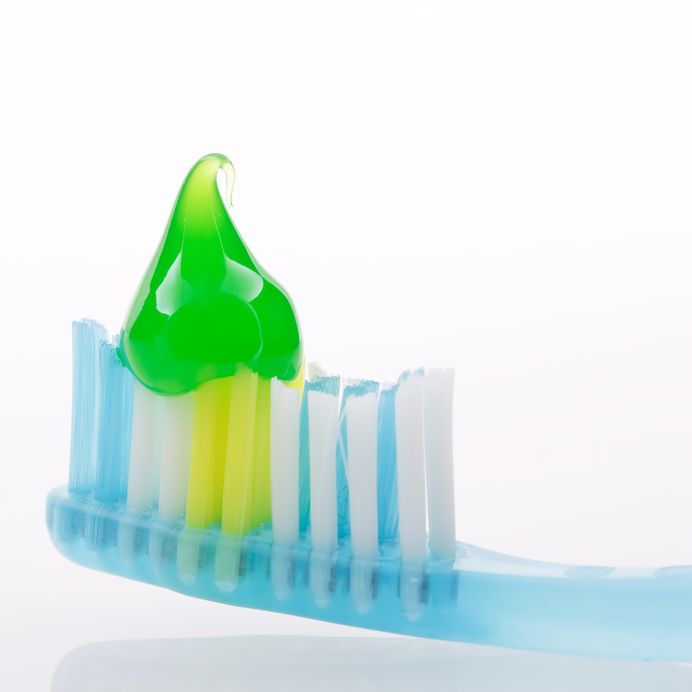If you walk in any general store, you will see shelves upon shelves of toothpastes. Some promise to whiten the teeth, others to fight again gum disease or provide relief for sensitive teeth. Thus, people wonder if every toothpaste type has a different formula and are quite surprised to note that they generally have the same texture and taste.
In reality, the basic formula for all toothpastes is the same. What makes the difference between them is a few ingredients. And branding, of course. In the fight to grow their sales, toothpaste makers add various claims and promises to packages, in TV and print ads.
The good news is that these claims are subject to regulations for truthfulness. Thus, if you are only concerned with simple oral health, you can pick any toothpaste you want.
Can You Trust Just Any Toothpaste?
Just like any product for human use, all toothpastes have to comply with strict safety standards. Each new type of toothpaste has to go through testing and approval by the FDA.
The issue is when you pay a premium price for specific benefits. Do you actually enjoy these benefits? Or do you pay extra money for nothing?
Without prejudice to any claim made by toothpaste producers, here are some things you should know:
- Enamel Repair Toothpastes
These toothpastes promise to keep your teeth extra healthy by repairing the enamel of the teeth. Thus, they contain various calcium-based substances, which, theoretically, fill in minor cracks in the enamel.
The truth is that enamel cannot be permanently fixed by mechanical actions. If this were true, many dentists would be out of jobs. What these toothpastes do is create a temporary “plug” for the enamel crack. Thus, the tooth is protected for a very short time against bacteria. However, long term use of enamel repair toothpaste is not efficient. You will eventually have to go to the dentist.
- Whitening Toothpaste
Most of these toothpastes remove the plaque buildup by mechanical action. That is, the toothpaste contains small abrasive particles (just like scrub gels for face and body).
While it is true that whitening toothpastes achieve the desired effect, there is danger in using them continually. Continual scrubbing will wear out the enamel of the teeth, or even injure the sensitive gum tissue.
- Anti-Cavity Toothpastes
The substance that helps prevent cavities is fluoride and it is present in the formula of any toothpaste. Products with specific anti-cavity benefits contain fluoride in a larger proportion than others.
However, if you are prone to cavities, there may be other underlying problems, starting from genetic inheritance and use of prescription medication. Therefore, you are doing yourself no favors by continuing to use anti-cavity toothpaste. Go to both your doctor and your dentist to identify and fix the underlying cause.
- Activated Charcoal Toothpaste
This is the latest fad in whitening toothpastes. This type of toothpastes promises to whiten teeth without abrasion, by the specific action of the activated charcoal.
The problem is that there are not enough research studies available to support this claim. At the same time, although the FDA approved the use of activated charcoal in toothpastes, the American Dental Association has not yet approved any such product.
